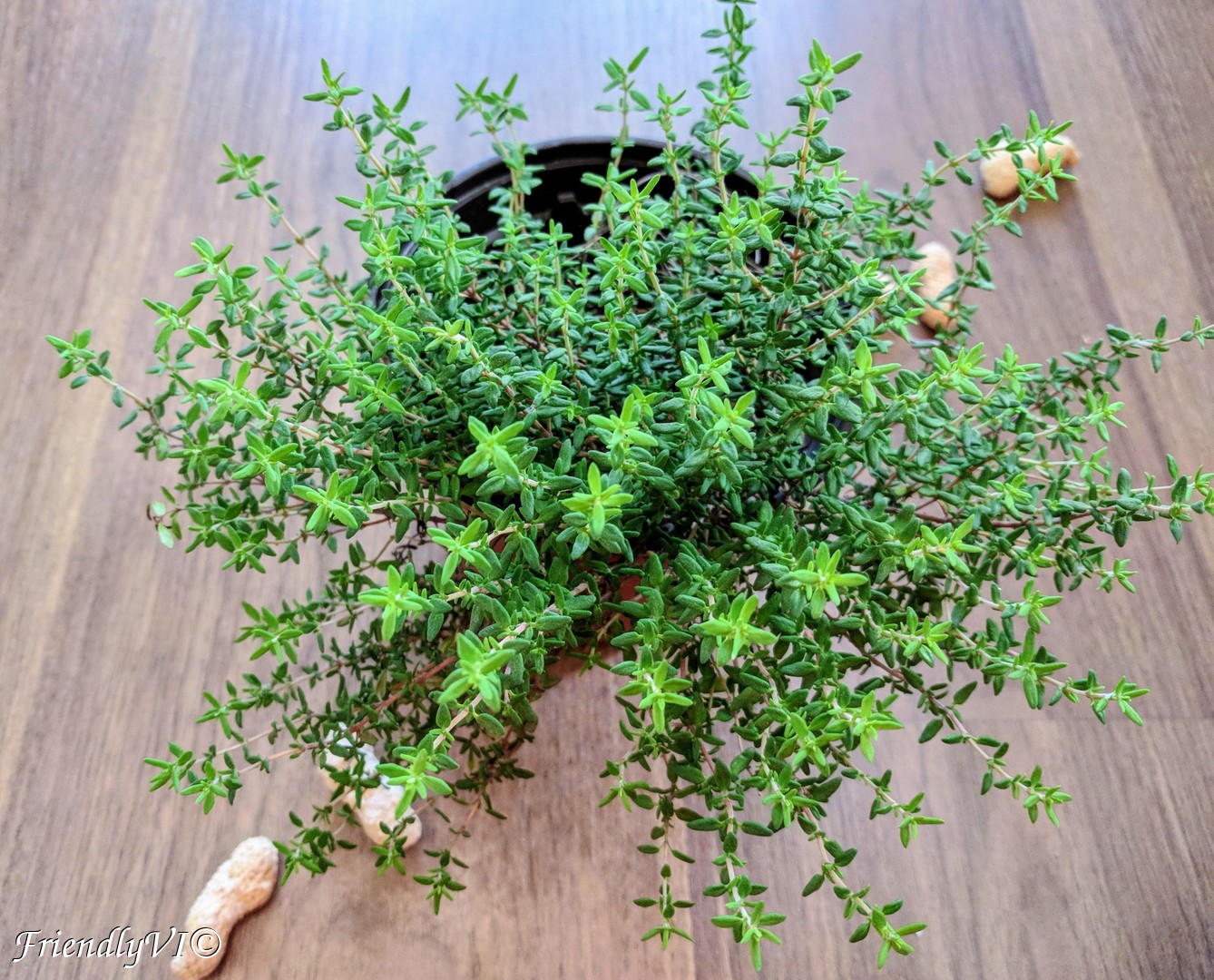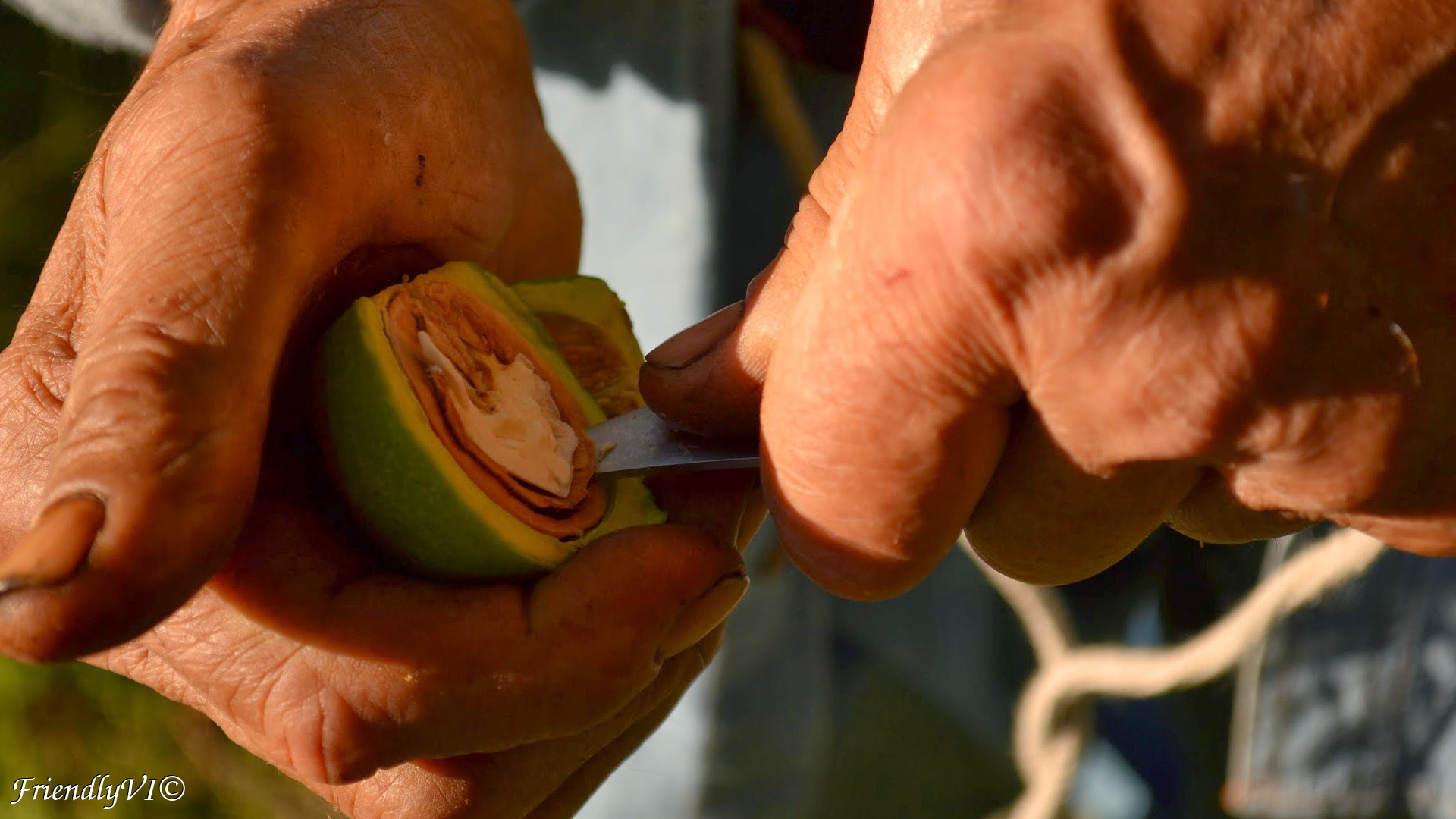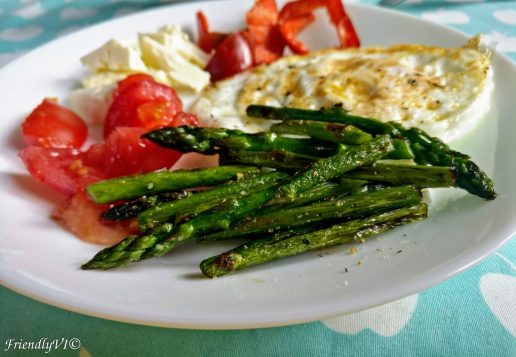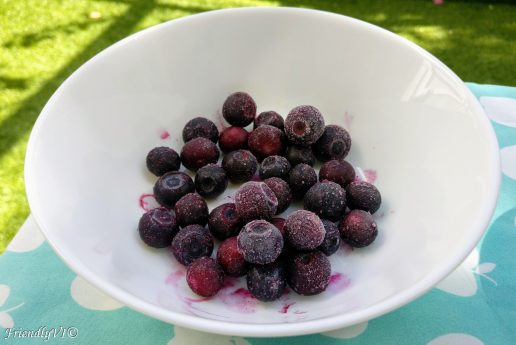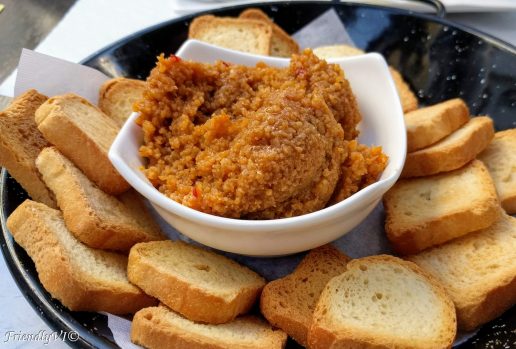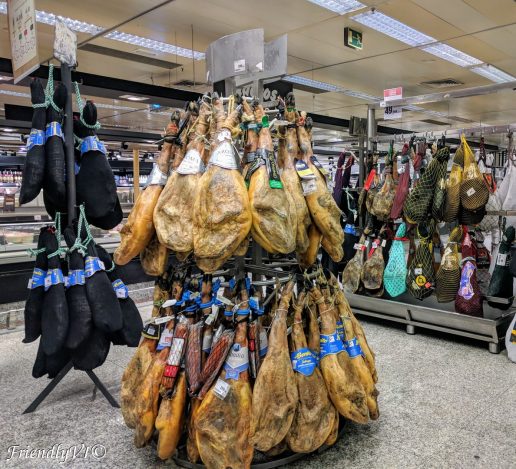Food is one of the basic needs we have, we can’t cut it from our expenses, on the contrary, it is one of the most significant expenses next to living costs. But there are a couple of hacks for saving money when it comes to food that I’ve been practicing in the last years that I would like to share. They are applicable if you are trying to save money, reduce your waste or simply try to be more efficient and mindful of your expenses.
Replace the restaurants by cooking home more
One of the most significant methods of saving money is to reduce how many times you go to restaurants. If you are like me and love to try new cuisines and explore all the pretty bistros in your town, this is going to be a big restriction. Cooking is time consuming but on the other hand you can make your food healthier than the one in restaurants. In order to reduce the frustration of the time spent kitchen I listen to audiobooks or learn/perfect a language by listening on my favorite YouTube language channels. If I am too tired to focus on some content, listening to my favorite music and dancing while cooking always helps. Here are some reference recipes and the price per portion, just so you understand how MUCH cheaper cooking can be in comparison to a meal in restaurants. The prices won’t include the salt, pepper, few spoons of flour or sugar and spices, oil for frying since that is very difficult to estimate a price for and they are fairly cheap. The country for reference is Spain:
MOUSSAKA – 0.6 eur per portion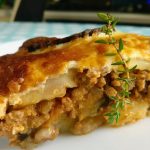
- 500g minced meat – 3.2 eur
- 4 big potatoes – 0.5 eur
- 1 eggplant – 0.29 eur
- 100 g tomato puree – 0.2 eur
- 2 eggs – 0.24 eur
- 1 yogurt – 0.15 eur
- grated cheese for topping ~ 0.25 eur
- 1 onion, 2 cloves of garlic ~ 0.1 eur
- Total: 4.93 eur → 8 portions
Zucchini boats – 0.75 eur per portion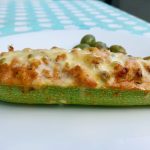
- 4 zucchinis – 1.93 eur
- 500g minced turkey meat – 3.2 eur
- 1 onion, 2 cloves of garlic ~ 0.1 eur
- 100 g tomato puree – 0.2 eur
- 2 eggs – 0.24 eur
- 1 yogurt – 0.15 eur
- grated cheese for topping ~ 0.25 eur
- Total; 6.07 eur → 8 portion
Beef and pork ragu – 0.8 eur per portion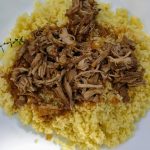
- 500g of pork – 2.11 eur
- 500g of beef – 3.65 eur
- 1 onion, 2 celery sticks, 3 medium carrots ~ 0.2 eur
- 150 ml of red dry wine – 0.2 eur
- 150 ml tomato paste – 0.3 eur
- Total: 6.46 → 8 portions
Romanian “sarmale” – 0.84 eur per portion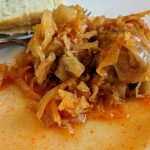
- 0.5 kg minced meat – 3.2 eur
- 1 onion, 50 g rice – 0.2 eur
- 100 g canned tomatoes – 0.2 eur
- 1 cabbage – 1.5 eur
- 1 lemon – 0.5 eur
- 150 tomato juice – 0.3 eur
- Total: 5.9 eur → 7 portions
Buy seasonal fruits and vegetables
This depends enormously on where you live, since the “season” can be two months in some northern countries. However, if you live in a reasonably sunny country, even in the colder months there are some plants that thrive: cabbage, radish etc. Learn when the fruits and vegetables are in season and adjust your cooking and habits based on that. This will cut from the variety of your meals, but you can still be very inventive. I used to buy 6 kg bags of oranges when the season was on, 1 kg of strawberries at once and freeze what was left, asparagus for 1.5 eur the bouquet and eat it for every breakfast instead of the crazy prices you can find it for in autumn. Buying the fruits off season makes them both expensive and not very tasty. . Buy them when they are cheap and in season and consume them whenever you feel like, frozen. So try to eat more tomatoes in summer and more bananas and cabbage in the winter.
Freeze food
Such an easy way for preserving food! You can of course dry your fruits and herbs, but that is so much more work. What I learned in the past years is to freeze all the remaining food, reduce the waste and use the products I buy completely. Here are some products I never froze before that are preserved perfectly when frozen:
- egg whites – when your cake contains only yolks, stop throwing away the whites as I used to do, freeze them and use them for your next recipes or simply mix them one Sunday with some oats, cinnamon and sugar and have some super delicious fresh pancakes
- herbs – when you buy a bouquet of mint, coriander or parsley don’t let it become yellow in the fridge, use it fresh for your soup and freeze the rest
- corn – you need just two spoons of corn out of a freshly open can? Don’t let it wait in the fridge in the hope that you might use it next week, drain it and freeze it directly. Frozen corn cooks perfectly!
- bread – it is so much cheaper to buy 10 buns instead of two. Use the two you needed and freeze the rest, they will be super fresh. When you want to use one all you need is a moist paper towel wrapped around your bread bun and 30 sec in the microwave at 900 watts.
- berries – everything from strawberries, blueberries, black currant and raspberries. After washing them you just need to let them dry, otherwise they will stick to each other. They are perfect for a healthy snack at any time of the day and any time of the year. Or for cake decorations, cookies, muffins or a lemonade in the middle of the winter.
- carrots, pepper, celery – don’t let them wither in the fridge if you don’t have immediate use for them. Chop them in cubes and use them for your soup. They freeze perfectly.
- and almost anything else 🙂
Don’t go shopping hungry
We’ve all been there! Chips, peanuts, more chips, pretzels. Nobody buys salad when they shop hungry, so this is pretty straight forward: if you want to buy what you actually need from the grocery shop, eat before or have a tiny snack (or tapas!!!!).
Buy in bulk and always watch for the price per kg
From salt to rice, coffee beans, bicarbonate soda and flour, it is always cheaper to buy bigger quantities. I always had in every place only one salt container for using on meals and bought 1 kg of salt and refilled it. For the nuts, beans and cereals you need space and sealed containers, though. So you can buy in bulk only if you have well sealed jars and space where to store them. And for the jars… don’t buy them, keep your olive and pickle jars, wash them and reuse them.
As per buying per kg, this is a known practice: always looks at the price per kg, never the price of the product: whole mushrooms vs sliced mushrooms will have a very big difference in price, 1 kg of flour vs 5 kg of flour, same will go for a whole chicken breast vs nicely cut fillet. It is up to you to choose the priority for each product: price or convenience. For example, I prefer to pay the price for the sliced chicken, since I really hate handling meat, but prefer cleaning all the kitchen after spilling the salt while trying to fill the little container.
So that are my hacks for spending less on food. It is not a drastic change in my lifestyle and I enjoy it. If you would like to see more on how I started to save money and why, you can read my post here.
